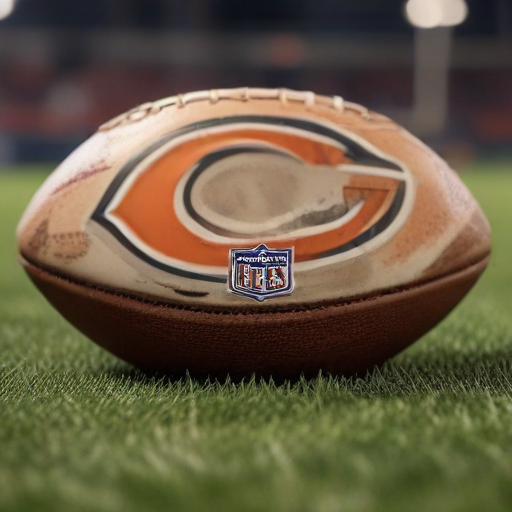In the midst of a challenging season for the Chicago Bears, who are currently sitting at a disappointing 4-10 with an eight-game losing streak, rookie quarterback Caleb Williams is facing mounting pressure and frustration. Despite high expectations, Williams is struggling to find his footing, prompting reflections on the NFL Draft process and its implications on young talent.
Caleb’s father, Carl Williams, previously shared his critical views on the drafting system, labeling it as “flawed” and “backward.” He expressed concerns that the NFL’s current model often positions gifted players like Caleb in unfavorable environments; thus, potentially leading them toward failure. In light of these observations, he suggested that Caleb could adopt a strategy similar to Eli Manning—which involves refusing to be drafted by a particular team known for its dysfunction—in order to safeguard his future in the sport.
Despite the warning signs, Caleb publicly dismissed worries about joining the Bears, eager to take on the challenge of revitalizing a franchise that has historically struggled in developing quarterbacks. This determination, however, seems to have led him into a daunting situation where his confidence is waning week by week.
Renowned analyst Troy Aikman weighed in, acknowledging the challenges Caleb faces, while also highlighting that he has shown more promise in his rookie season compared to other quarterbacks’ initial outings. He noted Caleb’s visible struggles during games, indicating a sense of defeat not typically expected from a top pick.
The broader context reveals that the NFL’s draft league often places pressure on young quarterbacks before they have adequate opportunity to learn and grow. Many quarterbacks have found success only after leaving less competent teams, with recent examples such as Baker Mayfield and Geno Smith illustrating that circumstances surrounding a player can heavily influence their career trajectory.
There is still hope for Caleb Williams to emerge as a star quarterback for the Bears; however, the organization itself has failed to earn trust regarding its development of talent. Until the Bears can prove otherwise, the concern remains that history may repeat itself with another promising quarterback not reaching his full potential.
In summary, Caleb Williams stands at a crucial juncture in his career, with the potential to rise above his current circumstances. While challenges loom large within the organization, the possibility of his eventual success remains alive, contingent on changes within the team that ultimately shape his future in the league. This scenario serves as a reminder of the critical role that supportive environments play in nurturing the next generation of star athletes.
